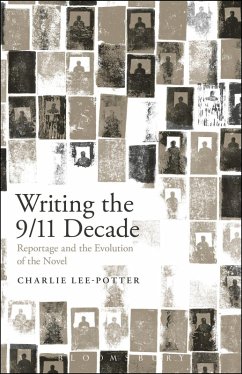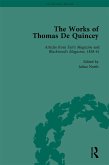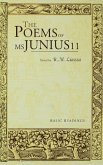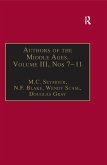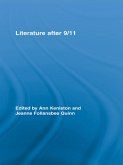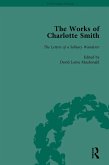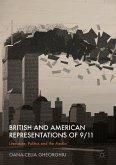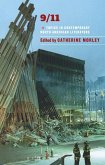Writing the 9/11 Decade investigates the relation of the novel to reportage, and the role of both in shaping culture, by looking at novelists' journalistic responses to the September 11 attacks.
Journalist and academic Charlie Lee-Potter argues that novelists were entrapped by the expectation that they would provide an immediate non-fiction response to 9/11. Beginning with an examination of the sometimes mawkish writing that emerged in the days after the attacks, Writing the 9/11 Decade traces the evolution of literary journalism - in writers such as Ian McEwan, Paul Auster, Don DeLillo, Mohsin Hamid and Nadeem Aslam - into new methods of subsuming the disaster, while attempting to stand apart from it. It includes interviews with novelists such as Richard Ford, Amy Waldman and Kamila Shamsie, as well as the only longform interview granted by the former Archbishop of Canterbury, Dr Rowan Williams, who is himself a 9/11 survivor.
In assessing the novel's capacity to respond to and contain an unimagined traumatic event, Writing the 9/11 Decade stands as a contemporary history of the form.
Journalist and academic Charlie Lee-Potter argues that novelists were entrapped by the expectation that they would provide an immediate non-fiction response to 9/11. Beginning with an examination of the sometimes mawkish writing that emerged in the days after the attacks, Writing the 9/11 Decade traces the evolution of literary journalism - in writers such as Ian McEwan, Paul Auster, Don DeLillo, Mohsin Hamid and Nadeem Aslam - into new methods of subsuming the disaster, while attempting to stand apart from it. It includes interviews with novelists such as Richard Ford, Amy Waldman and Kamila Shamsie, as well as the only longform interview granted by the former Archbishop of Canterbury, Dr Rowan Williams, who is himself a 9/11 survivor.
In assessing the novel's capacity to respond to and contain an unimagined traumatic event, Writing the 9/11 Decade stands as a contemporary history of the form.

